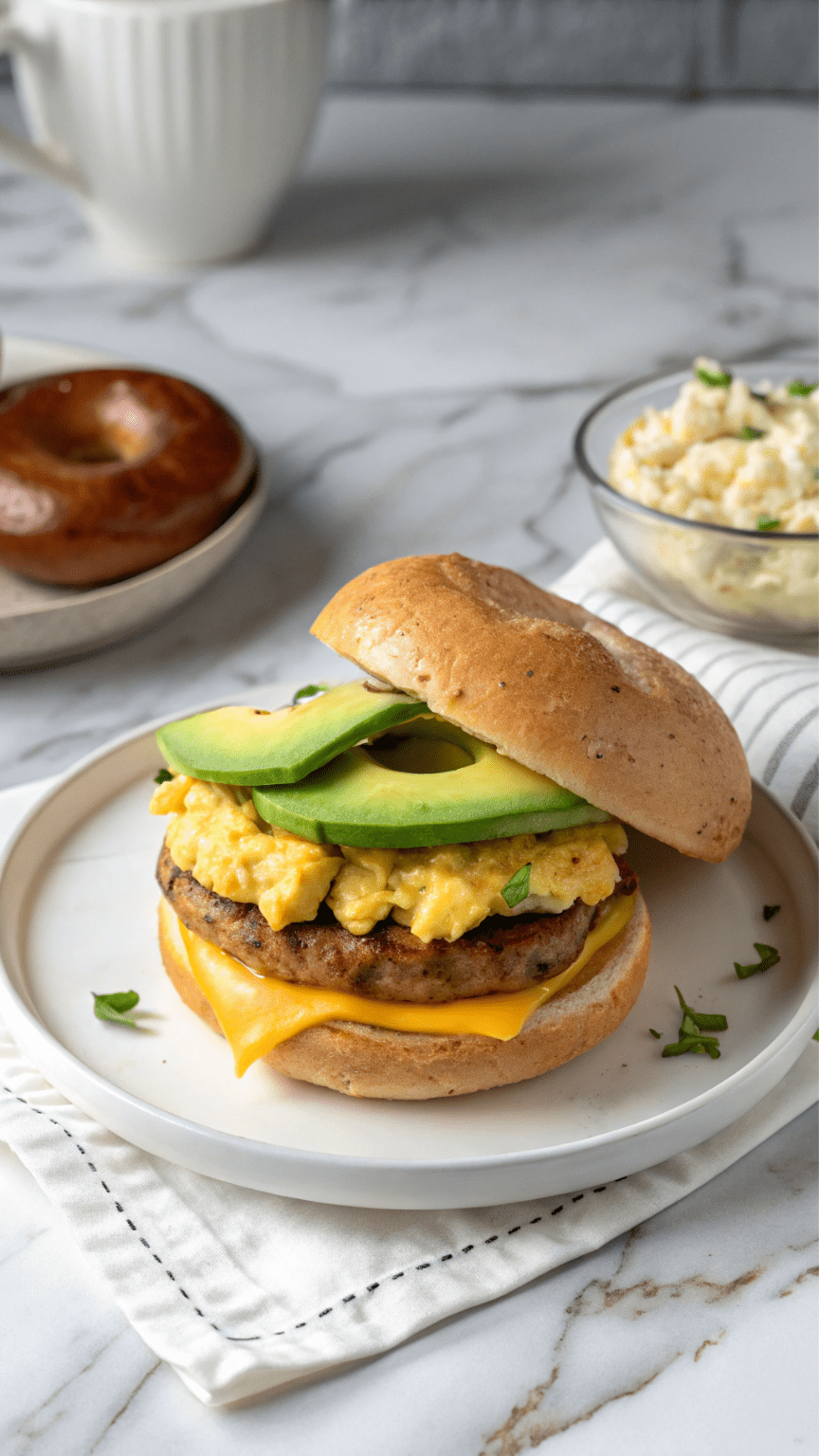Understanding the Psychological Causes of Food Cravings

Welcome to an insightful exploration into the world of food cravings!
Have you ever found yourself craving a certain type of food uncontrollably? In this article, we will delve into the psychological reasons behind why you may experience intense cravings for certain foods. By gaining a better understanding of these underlying causes, you can empower yourself to make healthier choices and better manage your cravings. Let’s uncover the mystery behind your food cravings together.
Have you ever found yourself irresistibly craving a specific food, even though you aren’t physically hungry? You are not alone. Food cravings are a common phenomenon experienced by many people, and they can be influenced by a variety of psychological factors. In this article, we will explore the psychological causes of food cravings, and provide you with strategies to help you better understand and manage your cravings.
What Are Food Cravings?
Food cravings are intense desires for a specific type of food. These cravings typically involve foods that are high in sugar, fat, or salt, such as chocolate, pizza, or potato chips. Unlike physical hunger, food cravings are often triggered by emotional or psychological factors, rather than actual physical need for food.
So, the next time you find yourself longing for a big slice of chocolate cake, it might not be your stomach that’s calling for it, but rather your emotions or thoughts.
The Role of Stress and Emotions
When you are stressed or feeling emotional, you may turn to food for comfort. This is because eating certain foods can trigger the release of dopamine, a neurotransmitter that is associated with pleasure and reward. When you eat these comfort foods, your brain receives a surge of dopamine, which can help alleviate stress and improve your mood.
So, if you tend to reach for ice cream when you’re feeling down, it might be because your brain is seeking out that feel-good dopamine boost.
The Connection between Food and Memories
Often, food cravings are not just about the taste of a particular dish, but also the memories associated with it. For example, you might crave your grandmother’s homemade apple pie not just because it tastes good, but because it reminds you of childhood Sundays spent at her house.
Memories have a powerful influence on our food choices, and can trigger cravings for foods that are linked to positive or nostalgic experiences. So, if you find yourself pining for a certain dish, it might be because it holds a special place in your heart, not just your stomach.
Understanding the Psychology Behind Food Cravings
Food cravings can be complex and are influenced by a variety of psychological factors. By understanding these underlying causes, you can gain insight into why you experience certain cravings and learn how to better manage them.
➤ Psychological Factors Influencing Food Cravings
1. Emotional State
Your emotional state plays a significant role in triggering food cravings. When you are feeling stressed, sad, or anxious, you may be more likely to crave comfort foods that provide a sense of pleasure and relief.
2. Social Influences
The people you surround yourself with can also impact your food cravings. If your friends or family members have a tendency to indulge in unhealthy foods, you may be more likely to crave those foods as well.
3. Habits and Routines
Your daily habits and routines can shape your food cravings. If you typically have dessert after dinner, your body may start to associate that time of day with sweet treats, leading to cravings even when you’re not hungry.
4. Availability and Accessibility
The availability of certain foods can influence your cravings. If you are constantly exposed to advertisements or promotions for a specific type of food, you may find yourself craving it more frequently.
The Influence of Advertising and Food Marketing
Food cravings can also be influenced by external factors, such as advertising and food marketing. Companies spend billions of dollars each year on advertising campaigns designed to make their products irresistible to consumers.
By bombarding you with images of delicious, mouth-watering foods, these advertisements can plant the seeds of cravings in your mind, making you more likely to seek out those foods when you are hungry or even when you’re not.
Ways to Manage Food Cravings
While food cravings can be powerful and difficult to resist, there are strategies you can use to help manage them and make healthier choices.
➤ Mindful Eating
Practicing mindful eating can help you become more aware of your cravings and the emotions that trigger them. By paying attention to your body’s hunger cues and learning to distinguish between physical hunger and emotional hunger, you can make more conscious choices about what and when to eat.
➤ Find Healthy Alternatives
Instead of giving in to your cravings for unhealthy foods, try to find healthier alternatives that satisfy your taste buds. For example, if you’re craving something sweet, opt for a piece of fruit or a small square of dark chocolate instead of a sugary treat.
➤ Practice Stress Management Techniques
Since stress can be a major trigger for food cravings, learning to manage your stress effectively can help reduce the frequency and intensity of your cravings. Try incorporating stress-reducing activities into your daily routine, such as yoga, meditation, or deep breathing exercises.
➤ Get Support from Others
Sometimes, simply talking to someone about your cravings can help alleviate them. Reach out to a friend, family member, or therapist when you’re struggling with intense cravings, and seek their support and understanding.
➤ Keep a Food Journal
Keeping a food journal can help you track your cravings and identify patterns or triggers that lead to them. By recording when and why you experience cravings, you can gain valuable insights into your eating habits and make positive changes to your diet.
Conclusion
Food cravings are a natural and common part of being human, but understanding the psychological factors that contribute to them can help you manage and reduce their impact on your life. By being mindful of your emotions, surroundings, and habits, you can gain control over your cravings and make healthier choices that support your overall well-being.
Next time you find yourself reaching for a bag of chips or a pint of ice cream, take a moment to pause and reflect on the reasons behind your craving.
By approaching your cravings with
awareness and self-compassion, you can
empower yourself to make choices that align
with your health goals and lead to a more
balanced relationship with food.
Share:
Related Posts

The Best Gym Bags for Women in 2025 (Cute, Stylish & Functional!)
Tired of your old gym bag? Discover the best cute, stylish, and functional gym bags for women. From chic totes to versatile backpacks with shoe compartments, find the perfect bag to take you from workout to weekend in style.

From Bloating to Balance: Fermented Foods for Gut Health: What Women Should Know
Feeling bloated or hormonally imbalanced? Your gut may hold the key. Discover the best fermented foods for women’s health, how they improve digestion, mood, and hormonal balance, and how to easily add them to your diet.

Unleash Your Lower Body Power: The Best Compound Exercises to Grow Your Legs Fast
Want to build strong, sculpted legs quickly? Discover the most effective compound exercises for women that target multiple leg muscles simultaneously for faster growth and a powerful lower body. Say hello to leg day gains!

The Ultimate High-Protein Breakfast Bagel
Upgrade your morning with the ultimate high-protein breakfast bagel! This recipe stacks a toasted bagel with a cheesy cottage cheese egg scramble, savory sausage, and creamy avocado for over 40g of protein.







